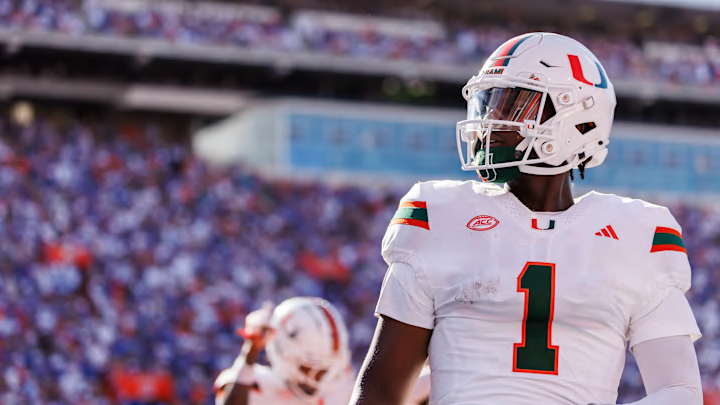The NFL has its fair share of head-scratching rules, but the one impacting draft order tiebreakers might just be the dumbest of them all. Imagine watching your favorite team go 2-15, only to see them lose out on the first-overall pick because their schedule was too hard. That’s where the New York Giants find themselves right now.
After Week 15, both the Giants and Las Vegas Raiders sit at 2-12—undisputed kings of the basement. However, because of the NFL’s baffling tiebreaker system, the team with the “easier” strength of schedule (SoS) gets rewarded with the higher draft pick. The Giants played the Baltimore Ravens, while the Raiders faced the much less intimidating Atlanta Falcons. Both lost, but because the Raiders’ opponents have a lower combined win percentage, they now own the No. 1 spot. Seriously—how does that make any sense?
So, to recap: the Giants played tougher teams, lost anyway, and somehow got punished for it. The Raiders, meanwhile, have a cakewalk of a schedule and could lose their way into Cam Ward or Shedeur Sanders. This is the kind of logic that makes you question everything.
The New York Giants could lose out on first-overall pick because Raiders played an easier schedule
Here’s the rule straight from the NFL rulebook:
“In situations where teams finished the previous season with identical records, the determination of draft position is decided by strength of schedule — the aggregate winning percentage of a team’s opponents. The team that played the schedule with the lowest winning percentage will be awarded the higher pick.”
Giants currently hold the 2nd pick in the 2025 NFL Draft with 3 weeks left to go. pic.twitter.com/adA4lfp7jF
— Talkin’ Giants (@TalkinGiants) December 17, 2024
Let’s pause for a moment to appreciate how ridiculous that is. The whole point of the draft is to reward bad teams with better picks so they can rebuild. However, under this system, a team that performed worse against easier competition gets priority. The Giants have been beaten down all season by tougher opponents (.550 SoS), while the Raiders’ SoS sits at .538. Yet if both teams lose out, Las Vegas walks away with the top pick because they struggled against weaker teams.
That’s absurd.
How is this logical? If record is the No. 1 determining factor, then shouldn’t that be the only factor that matters? Instead, the NFL flips the script and says: “Well, you played better teams, so congrats, you lose this tiebreaker too.” It’s a slap in the face to fans who’ve endured a 2-15 season.
Here’s where it gets worse: the Raiders’ remaining opponents (Jaguars, Saints, and Chargers) combine for a paltry .381 winning percentage, while the Giants close out the year against the Eagles, Colts, and Falcons (.595). Translation: the Giants have a significantly tougher road, meaning the Raiders are in pole position to lock up the No. 1 pick if both teams lose out.
The end result? New York could finish with the exact same record as Las Vegas and still lose out on a franchise-altering quarterback because of this nonsensical tiebreaker. It’s unfair, it’s backwards, and it makes you want to yell into the void.
While we aren't outright disagreeing with the metric, it feels like there could be a better system. NFL teams don't choose their schedules. The NFL creates countless schedule options before choosing the final version. A rotation system ensures every team plays each other at least once every four years. Flexible scheduling highlights the best late-season games for the biggest audiences.
Perhaps some sort of catch-all metric would be better to fully understand the bigger picture. One that takes into account a full season's body of work, not just the luck of the draw.
The Giants are stuck hoping for miracles. Either the Raiders decide to accidentally win a game, or the football gods intervene to right this ridiculous wrong. But for now, one thing is clear: the dumbest rule in the NFL could very well cost Big Blue the first-overall pick.
Wouldn’t be the first time Giants fans have suffered—just add this one to the list.
